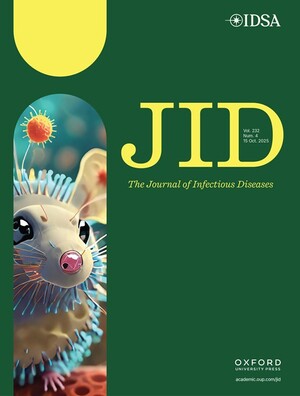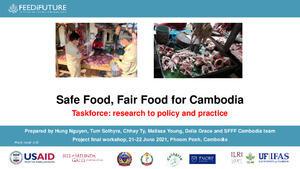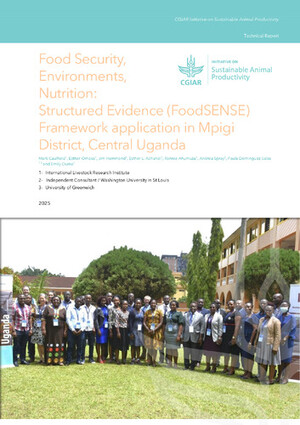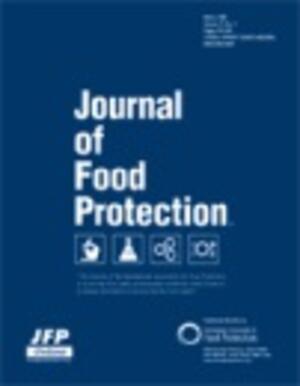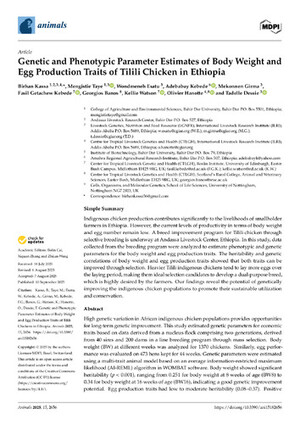
Eating wild animals: Rewards, risks and recommendations
Abstract
Key messages
- ‘Wild meat’ eaten for food and perceived medicinal properties, is neglected both as a pathway for zoonosis transmission and emergence and a pathway out of poverty in Africa and Southeast Asia.
- Wild meat makes substantial contributions to nutrition in Africa and to satisfying food preferences in Asia. In at least 60 countries, wild meat makes up at least 20% of dietary protein. At least 15 countries would risk food insecurity if not able to utilize wild meat.
- More than 91 disease spillover events have been documented from wild meat consumption leading to 25 different zoonotic disease outbreaks. Wild meat consumption is directly and substantially responsible for transmission of neglected zoonoses and the emergence of new diseases.
- Wildlife farming is intrinsically high in risk, low in animal welfare, and deleterious for biodiversity: it is unlikely to be safe or sustainable.
- Domesticated animal farming is an attractive alternative especially in Africa. Shifting cultural attitudes towards non-consumptive use is attractive
especially in Southeast Asia. - Community engagement is crucial to the sustainable management of wild meat resources.
- Approaches for improving food safety in informal markets can be extended to de-risking wild meat value chains.
Citation
Grace, D., Bett, B., Cook, E., Lam, S., MacMillan, S., Masudi, P., Mispiratceguy, M., Ha Thi Thanh Nguyen, Hung Nguyen-Viet, Patel, E., Slater, A., Staal, S. and Thomas, L. 2024. Eating wild animals: Rewards, risks and recommendations. ILRI Research Brief 129. Nairobi, Kenya: ILRI.





